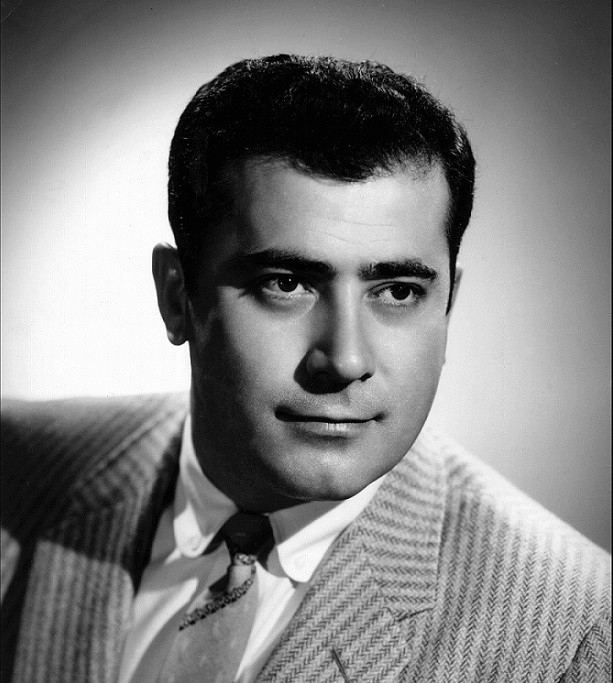Alexander White
Despite great obstacles, Jews throughout occupied Europe attempted armed resistance against the Germans and their Axis partners. They faced overwhelming odds and desperate scenarios, including lack of weapons and training, operating in hostile zones, parting from family members, and facing an ever-present Nazi terror. Yet thousands resisted by joining or forming partisan units. Among them was Alexander White.

Alexander White was born in 1925 in a small town split between Czechoslovakia and Hungary. His father, like his grandfather before him, inherited the job of land manager of a large ranch where Alex and his family lived. In the 1930s, unjust laws targeting Jews were instituted in Alexander’s small town, and his father lost his job. At age 15, with food supplies becoming scarce, Alexander left his family and fled to Budapest.
In Budapest, Alexander successfully concealed his Jewish identity for a time, until he was captured in a movie house raided by the SS.
He was then sent to a forced-labor camp in the largest copper mine in Serbia. He ultimately escaped to the mountains, where he was captured by the Yugoslavian partisans, lead by General Tito. After proving he was not a German spy, Alexander met General Tito, who was curious to meet the only Jew who had escaped the Bor labor camp.
An excellent marksman and able to speak several languages, Alexander climbed the ranks of the Yugoslavian partisan unit, quickly becoming a commander. In charge of 69 men, Alexander and his unit searched local villages for Germans hiding in them.
Through interrogations, Alexander and his men received important information that helped them ambush German troops. The local population often assisted Alexander’s unit, as many disliked the presence of German soldiers in their village. Alexander’s group would also shoot at German scouts sent to test the safety of the mountainous highways of the region. By intimidating the Germans into thinking there were guards protecting the highway, the unit prevented further German infiltration into the area.
Alexander remained with the Yugoslavian partisans for a year and returned to Budapest after liberation. Upon his return, Alexander learned that his family, including his parents, a brother and four sisters had perished in the Holocaust. Alexander moved to the United States and settled in the Los Angeles area.
Critical Thinking Questions
- What pressures and motivations may have influenced White's decisions and actions? Are these factors unique to this history or universal?
- How can societies, communities, and individuals reinforce and strengthen the willingness to stand up for others?

